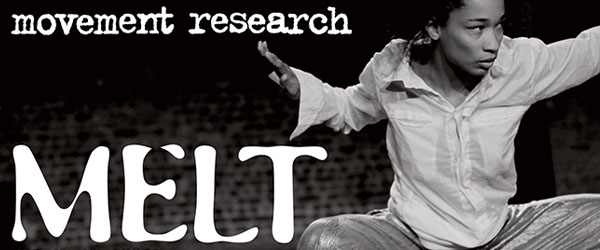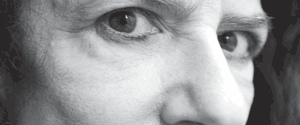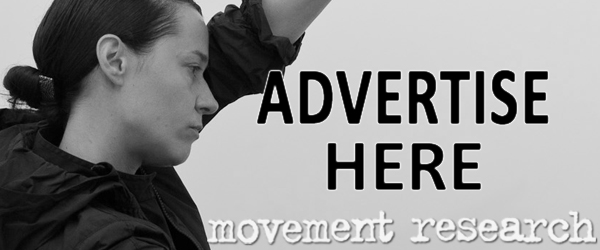Critical Correspondence
- Comments Off on Moving Dialogue: Just One Question
- Writings
- 11.12.10
Moving Dialogue: Just One Question
Anna Drozdowski
Just One Question
Thumbnail photo: Cosmin Manolescu
I try to ask each of the participants in the Moving Dialogue one question that I haven’t asked, for lack of time or bravery or simply because it came to me this late. Our interaction has really just begun, in the flesh, and now has the opportunity to become more established in our long-distance relationship over the winter.
These queries, alphabetical to the participants in the group, are meant to instigate a dialogue that will continue until we can resume our bodily conversations. They are directed both at artists and administrators, organizers and performers, writers and movers—as exchange happens around the edges of our time in the studio as much as within it.
********************************
Barbara, in your first large-scale intensive exchange a decade in the making, what is your one druther and your one victory?
Corina, how do you see this project as strategic support of dance artists in the ever-developing landscape in Romania? How many ways have you had to tell this story justify the expense on emerging artists?
Cosmin, how have you re-learned yourself this week—in a city that you’ve seen before, with colleagues experiencing it for the first time, and long-term relationships finding a new format?
Perhaps we can switch glasses at the next performance, Cristiane? I wonder what it would be like to experience things through your eyes, with your lens of philosophy and theatre, and for you to sit in my body, which is full of kinesthetic empathy for those onstage and in the studio.
Where is the blurry line between critical distance and self-conscious criticism (as a participant) for you, Gina? As you move from spectator to show-time, how has the shift affected your understanding of process?
Hejin, what is the ideal environment for me to see your internal landscape?
When does specificity help or hinder your process, Jon?
What is in your head, Levi, when you are watching work? Because on your face is only joy and delight and the expression of a child watching something for the first time—so far from the jaded viewers that we so often are.
How much do you consider knowing the audience when asking them to achieve an empathetic state Madalina? Do you suppose it will be more challenging when they are strangers to you or strangers to dance?
Maggie, how much of your life is in the here and now of presence and how much of it is aspiring to arrive—factoring in your city, your schedule and your hypothetically unburdened interests?
Your rhythm exists in a part of his body that I can’t quite capture. Where is that Martine?
Does Lulu’s room look like your own, Mihaela? Or perhaps it is a room of yours that you once occupied, and now you must conjure this place that is no longer part of your present in performance.
Paul, would you consider yourself an anthropologist in some of your work or a satirist in others? I see these elements in each of your works, to different degrees but always in tandem.
Rebecca, how is the role of creative administrator one that is both supportive and subversive to your artistic process?
When can I dance for you again Vava?


